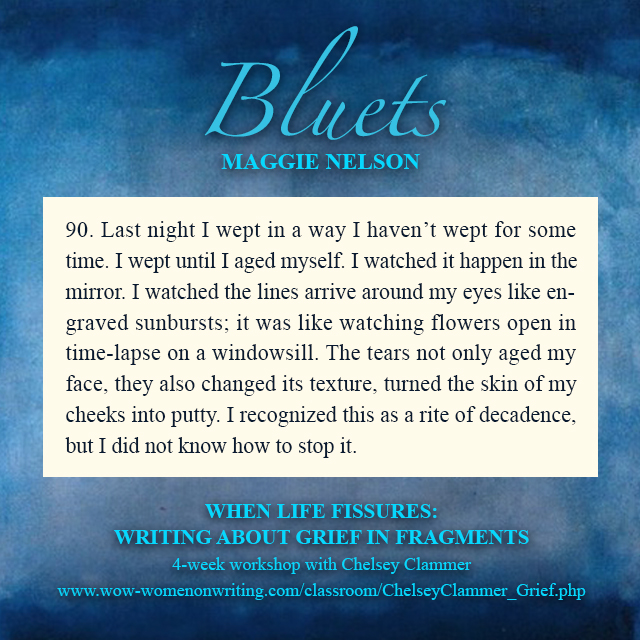Meriam-Webster recently added over 300 new words to the dictionary. Reviewing the list, I found that I was already aware of most of them—I guess that’s the point. As Meriam-Webster explains on their site, “The dictionary chronicles how the language grows and changes, which means new words and definitions must continually be added. When many people use a word in the same way, over a long enough period of time, that word becomes eligible for inclusion.”
Here are some of the newly added words. I knew some of them from being on social media (“virtue signaling”), watching the television show Parks and Recreation (“Galentine’s Day”), and having Gen Z kids (“yeet” and “sus”)—though “dawn chorus” was new to me:
What do you think?
Read More »
Here are some of the newly added words. I knew some of them from being on social media (“virtue signaling”), watching the television show Parks and Recreation (“Galentine’s Day”), and having Gen Z kids (“yeet” and “sus”)—though “dawn chorus” was new to me:
laggy : having a delayed or slow response (as to a user's input) : marked or affected by lag
virtue signaling : the act or practice of conspicuously displaying one's awareness of and attentiveness to political issues, matters of social and racial justice, etc., especially instead of taking effective action
greenwash verb 1 : to make (something, such as a product, policy, or practice) appear to be more environmentally friendly or less environmentally damaging than it really is 2 : to mislead (someone) by means of greenwashing greenwash noun : something (such as a claim or action) that is intended to make a product, policy, activity, etc. appear to be more environmentally friendly or less environmentally damaging than it really is
dawn chorus : the singing of wild birds that closely precedes and follows sunrise especially in spring and summer
yeet interjection, slang — used to express surprise, approval, or excited enthusiasm yeet verb : to throw especially with force and without regard for the thing being thrown
sus slang : SUSPICIOUS, SUSPECT
janky informal : of very poor quality : JUNKY; also : not functioning properly or adequately : FAULTY
lewk slang : a fashion look that is distinctive to the wearer and that is noticeable and memorable to others
Galentine’s Day : a holiday observed on February 13th as a time to celebrate friendships especially among women
level up : to advance or improve (oneself, someone else, or something) in or as if in a game
FWIW abbreviation for what it’s worth
ICYMI abbreviation in case you missed it
What do you think?
--Marcia Peterson



.JPG)













